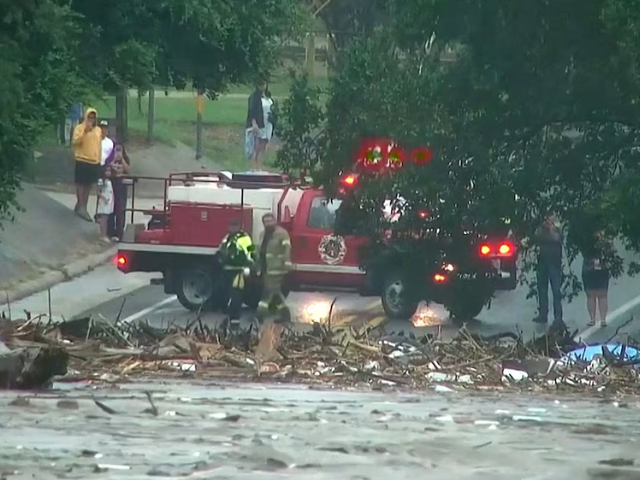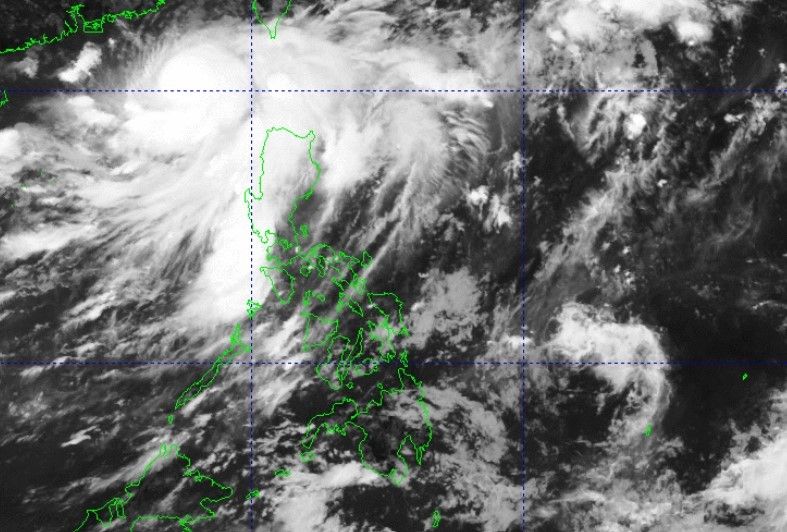US Faces Travel Surge of 72.2 Million on Fourth of July Weekend, With Major Flight Delays and Ground Stops at Newark, LaGuardia and Boston Logan Airports Amid Heatwaves and Storms: New Update
Saturday, July 5, 2025

The Fourth of July holiday this year is setting records with an estimated 72.2 million Americans expected to travel, marking the largest surge in U.S. history. However, severe weather conditions—including extreme heat, thunderstorms, and wildfire risks—are complicating travel plans across the country, casting a shadow over the celebratory season.
The National Weather Service and various travel agencies have reported severe thunderstorms disrupting travel in the Northeast, Midwest, and Southeast. In addition, heat advisories and red flag warnings are in effect in multiple regions, including parts of the Plains and West. With millions of Americans on the move, this convergence of weather chaos and record-breaking crowds is making for an unpredictable travel experience.
The Federal Aviation Administration (FAA) has issued ground stops at key airports such as Newark, LaGuardia, and Boston Logan due to severe weather. These disruptions began on July 3, 2025, when storms caused the cancellation of over 600 flights and left nearly 2,000 others delayed across the country. The FAA has indicated that travelers may experience delays into the weekend, particularly in Florida and the Carolinas.
The Transportation Security Administration (TSA) has prepared for an influx of air travelers, with over 18.5 million expected to pass through security checkpoints between July 1 and July 7. The surge in passenger numbers is expected to lead to longer wait times, particularly for travelers without a Real ID, who will face additional screening procedures.
On the ground, road traffic is also experiencing significant congestion as Americans drive to their destinations. AAA estimates that 61.6 million people will travel by car during the holiday period. INRIX, a leader in traffic data analysis, warns that the busiest travel windows will occur from noon to 7 p.m. on July 4. Travelers are advised to avoid these peak hours or depart earlier in the day to reduce the risk of delays.
This year’s weather has brought extreme heat, with temperatures soaring 10 to 20°F above average in many areas of the Great Lakes, Midwest, and Northeast. Cities like Chicago, Detroit, and Burlington are facing heat advisories, with heat indexes potentially reaching 100°F or higher, making outdoor activities hazardous for both travelers and event attendees.
In addition to the scorching heat, the West is grappling with heightened wildfire risks due to dry conditions and high winds. Red flag warnings have been issued for states such as Oregon, Idaho, Nevada, and Utah, where wildfires have already sparked evacuations in some areas. Local authorities have even banned fireworks in some places due to the fire risk, prompting travelers to stay cautious while celebrating.
Adding another layer of uncertainty, the National Hurricane Center is closely monitoring a disturbance near Florida that could bring heavy rain and flooding to the region through the weekend. While the disturbance may not develop into a full-fledged tropical storm, the potential for tropical moisture to affect Florida’s weather will likely result in continued rainfall and possible flooding, which may impact travel plans for those headed to or within the state.
While the Northeast is expected to see improved conditions by Friday evening, allowing for fireworks displays and outdoor events, Florida and parts of the Southeast are likely to continue experiencing rainy weather through the weekend. Travelers are strongly encouraged to stay up-to-date with weather alerts and transportation advisories to ensure they have the latest information on potential disruptions.
Despite the challenging travel conditions, many Americans are determined to enjoy the Fourth of July festivities. As the holiday marks one of the busiest travel periods of the year, it is essential to be proactive, flexible, and informed to make the most of the time with family and friends.
By staying well-informed and planning ahead, travelers can still have a safe and enjoyable Fourth of July, even with the potential weather disruptions and high travel demand.
«Enjoyed this post? Never miss out on future posts by following us»







